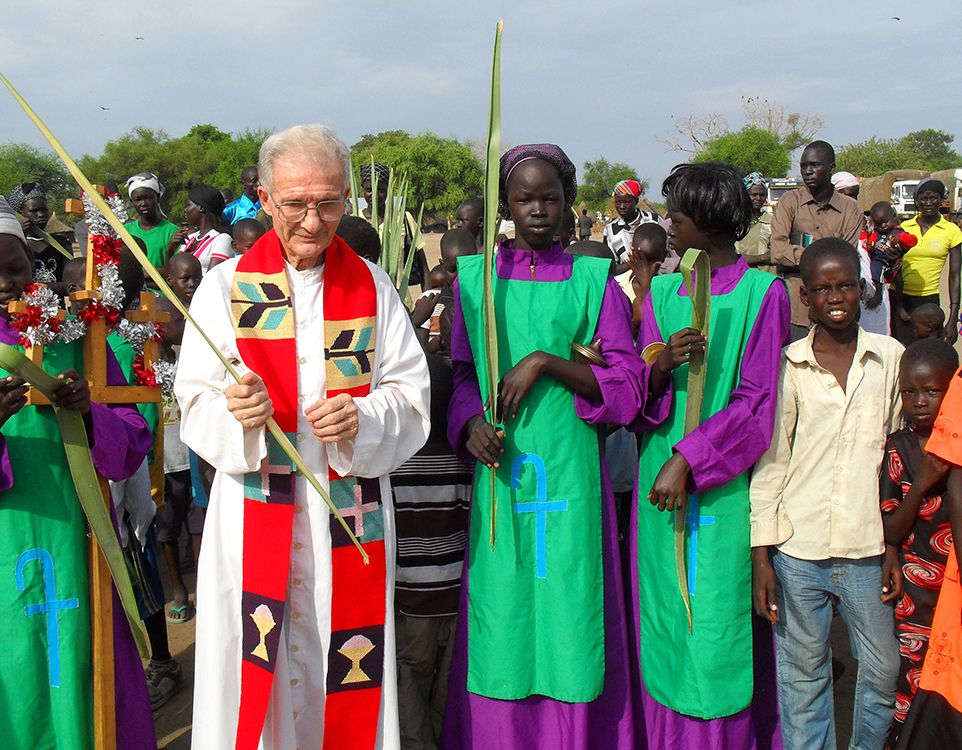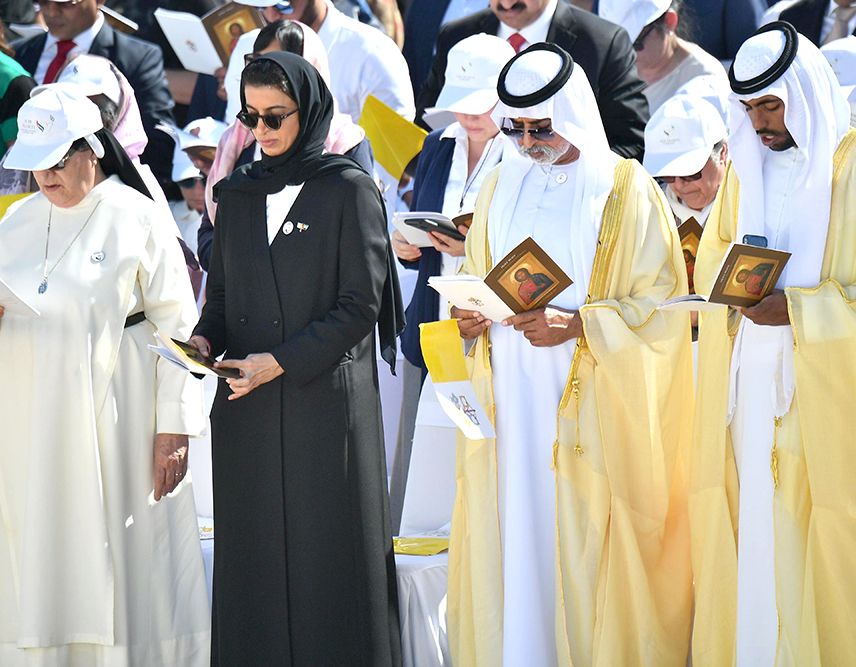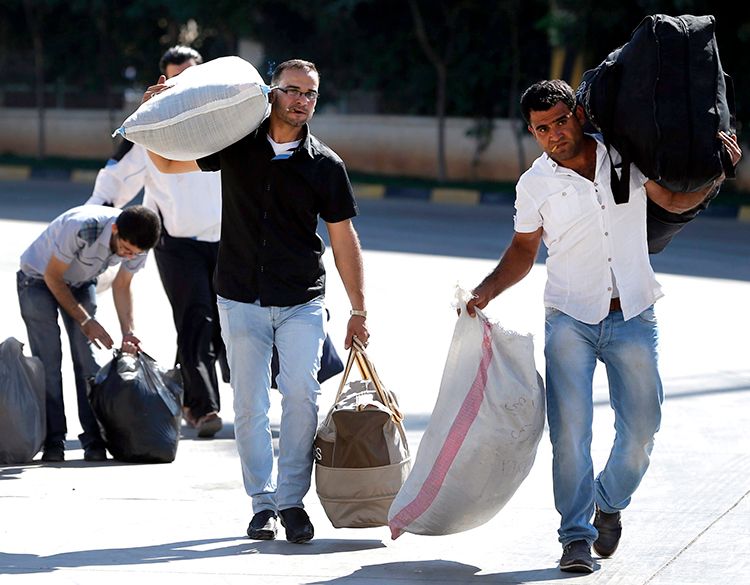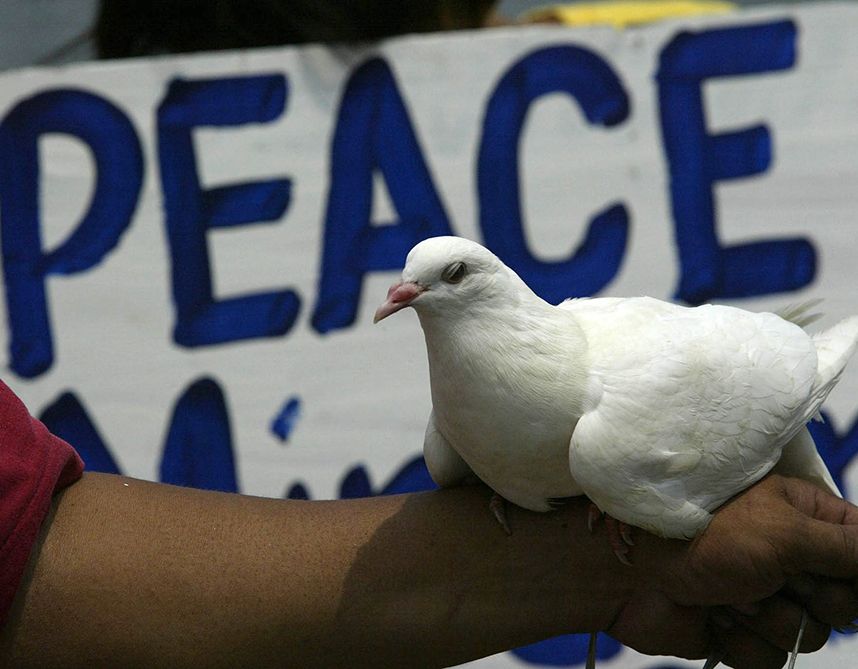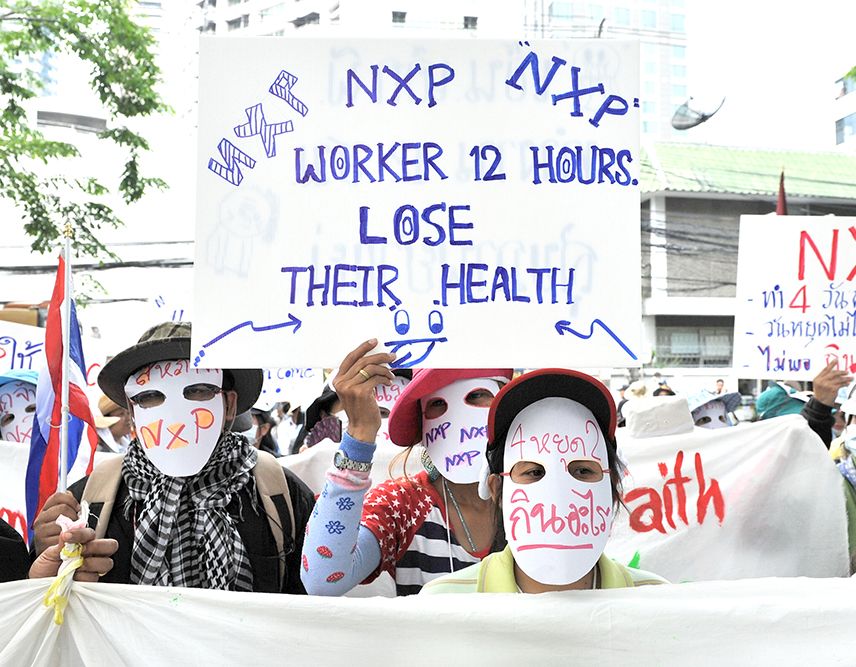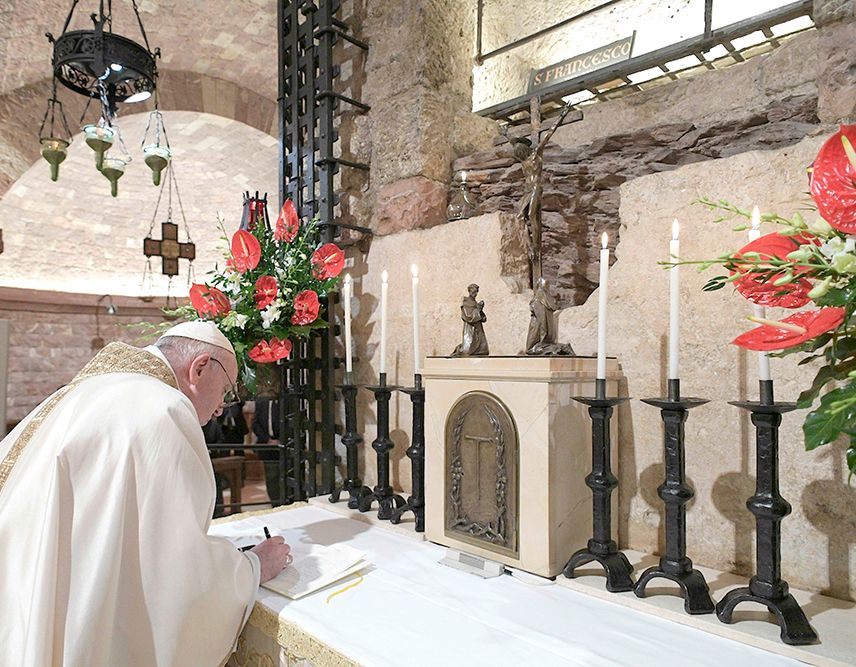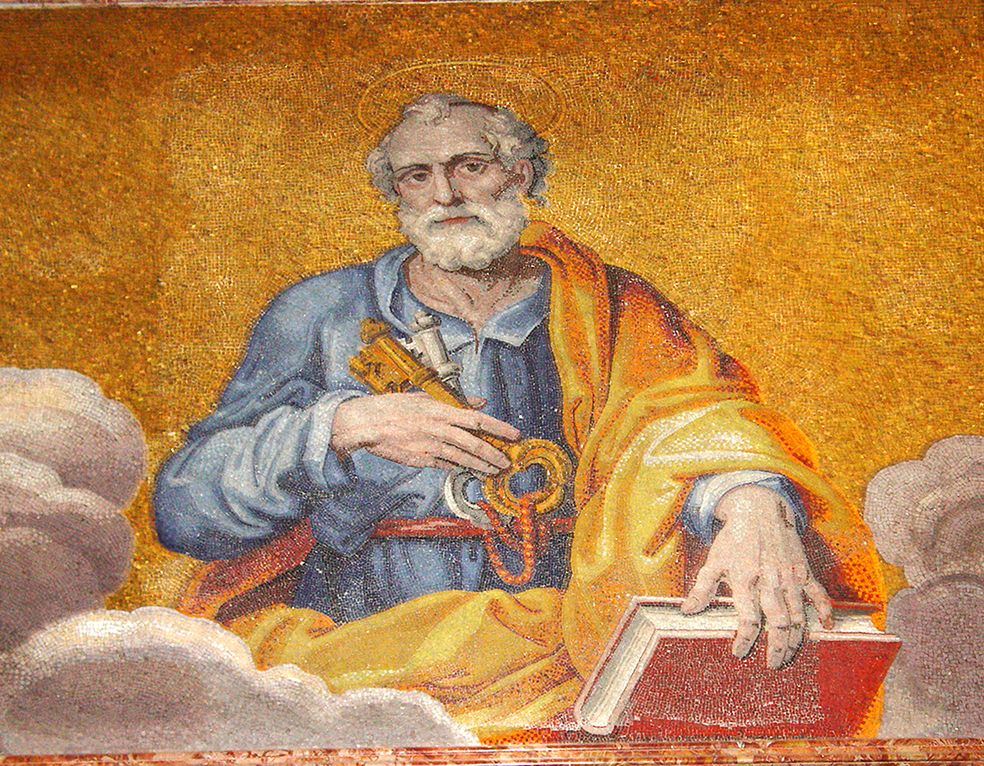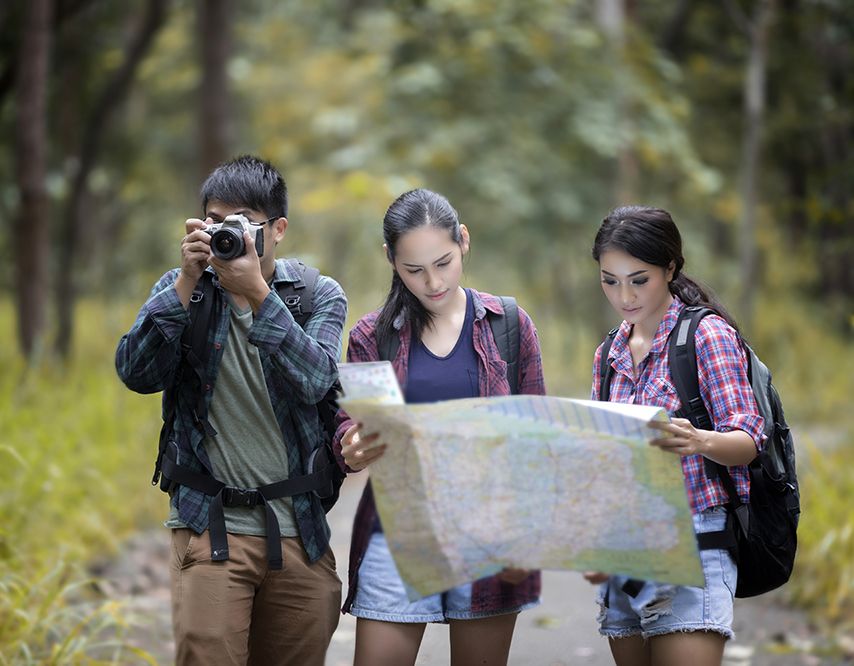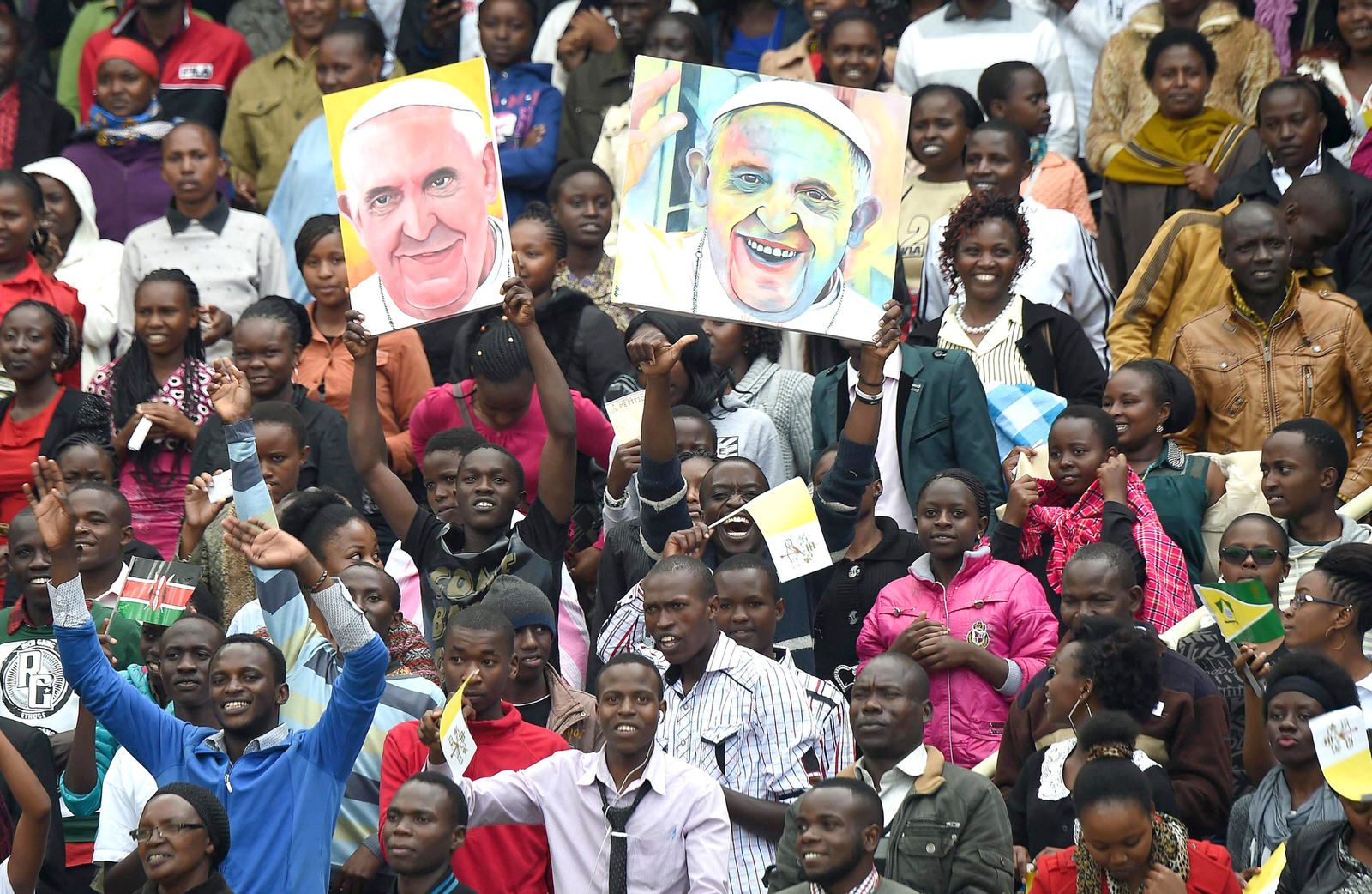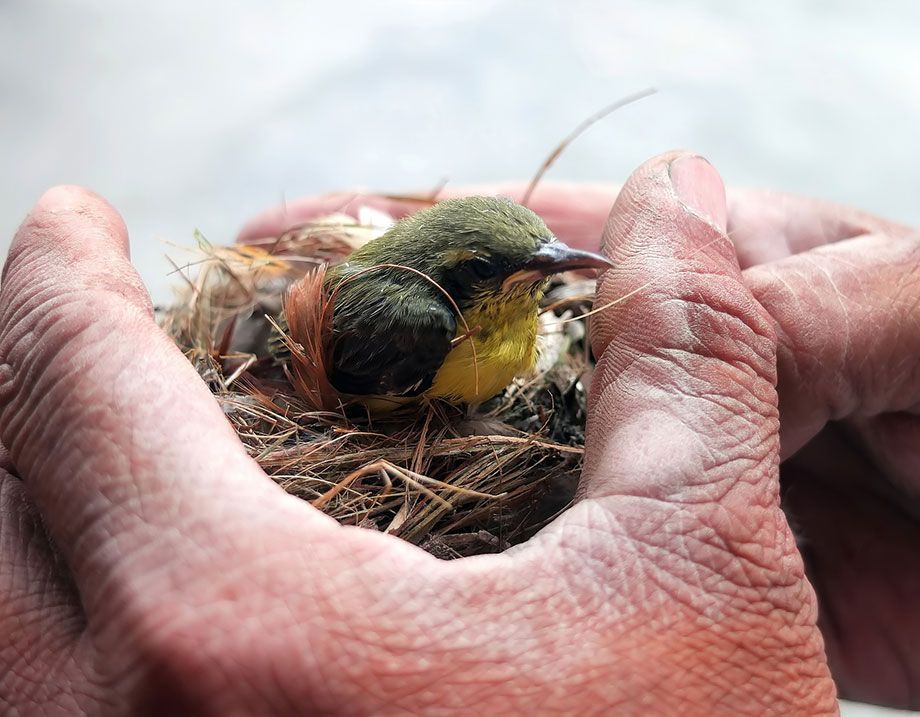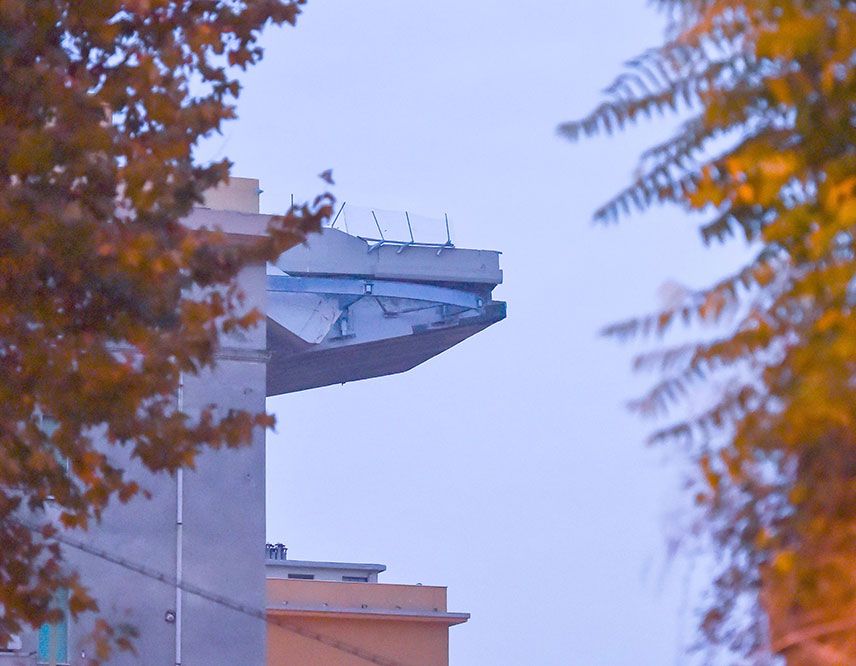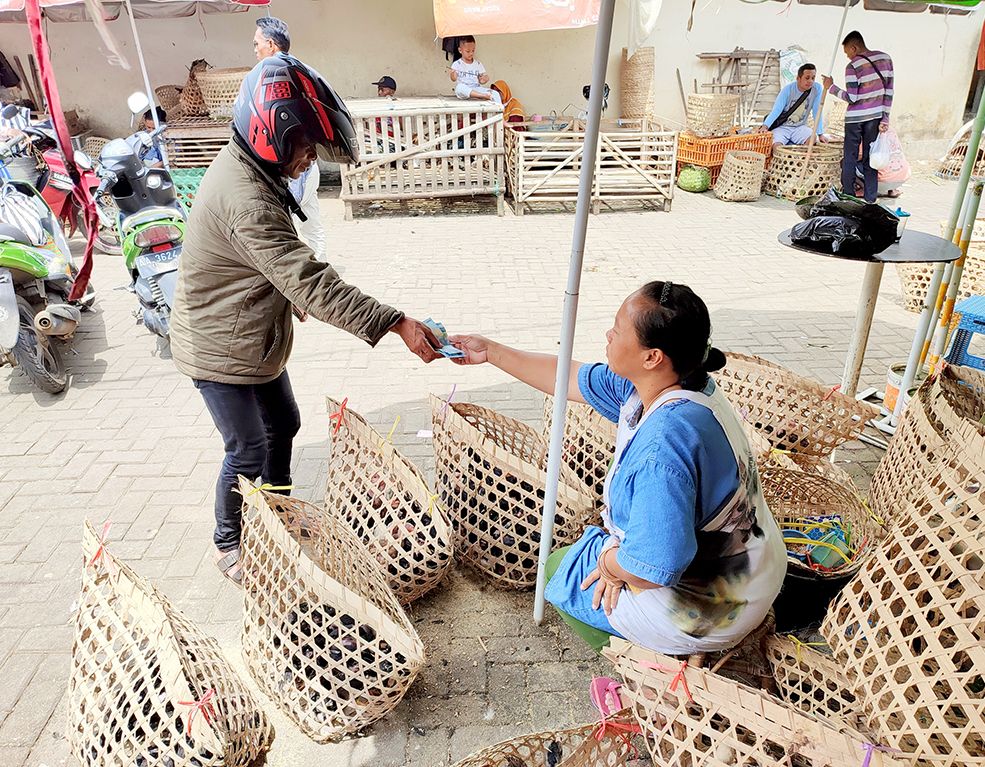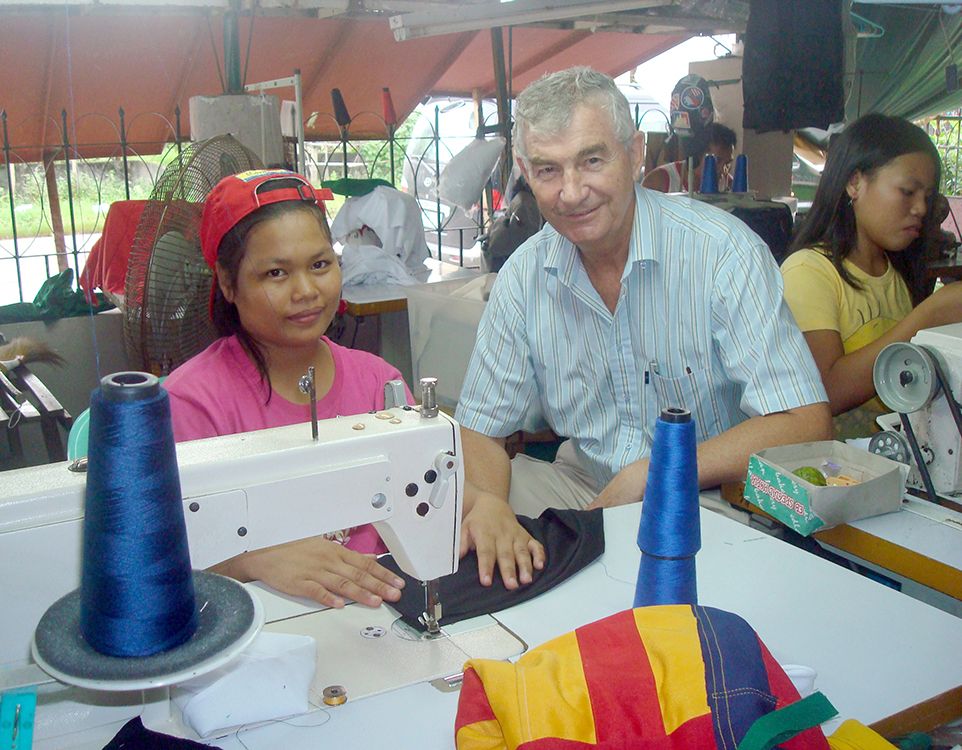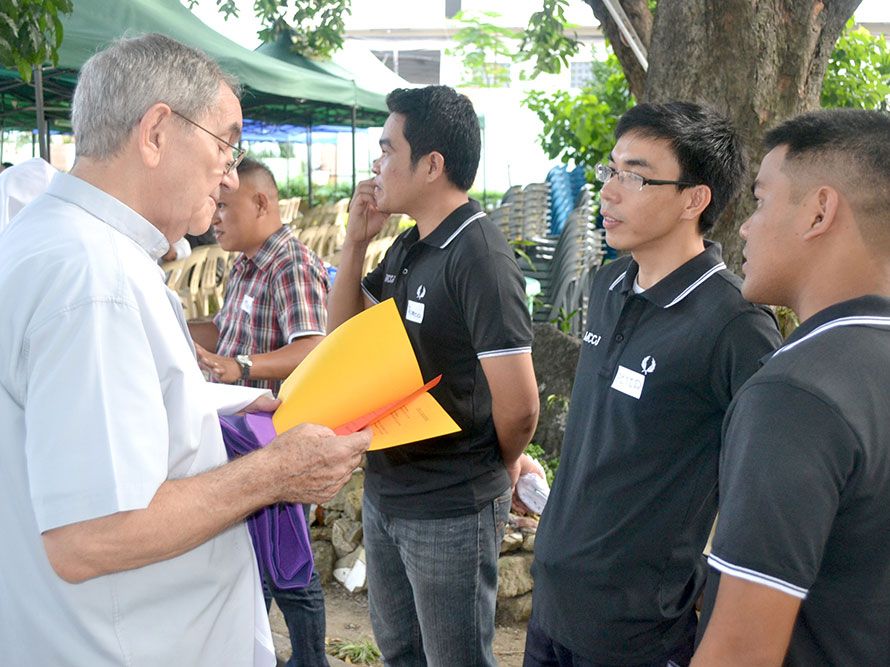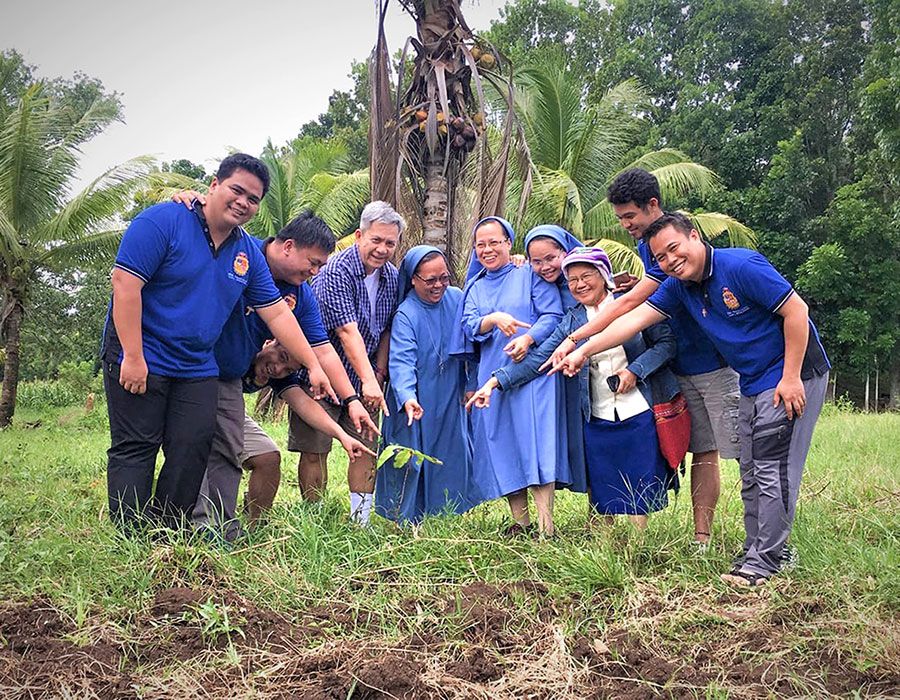One of the biggest upsets of the Pope’s public schedule in 2022 was the cancellation of his trip to Africa to visit South Sudan and the Democratic Republic of Congo (DRC). The trips were cancelled for health reasons. Suffering from severe pain in his knee, the Pope was unable to walk even short distances or stand for any significant amount of time, which meant that travelling to very underdeveloped countries was out of the question.
Fortunately for Catholics in both nations, the Pope’s health has since improved, to the point that the Vatican has confirmed that the trips will indeed be going ahead at the end of January and early February of this year. These are not just ordinary pastoral trips. Both countries are very special and close to the Pope’s heart, and it is worth exploring this more fully.
The Curse Of Wealth
The DR Congo is a prime example of the very African paradox of the curse of wealth. Few countries can rival this country in terms of natural riches. Under the Congolese soil lie vast resources, from diamonds to gold, cobalt to coltan. The country also has respectable oil reserves and its forests are an important source of timber.
Little of this wealth, however, trickles down to the population of close to 100 million people. Successive governments and military regimes have been unable, and often unwilling, to counter this massive corruption.
The Catholic Church is one of the biggest and most reliable institutions in Congo and has not hesitated to take part in demonstrations against the Government in the past, sometimes reaching a point of almost open conflict with the authorities. The Congolese bishops continue to make their opinion known and recently published an important pastoral letter in which they warn that the whole country runs the risk of breaking up into smaller de facto states, a process they refer to as “Balkanisation” after what happened to Yugoslavia three decades ago.
In a conference organised by the pontifical foundation Aid to the Church in Need (ACN), shortly after news of the cancellation of the original trip, project director Maxime François-Marsal said that the deeply Catholic population of the DRC had, if anything, grown even closer to the Pope because of the cancellation of the trip in 2022.
“The people understand he has trouble with his leg. A priest I spoke to said they feel compassion for the Pope, because they know what suffering is, what it means to not be able to walk, to suffer so much. To them it is a sign of humility that he recognises he can’t travel, it is a lesson for Christians to know their limits and trust the Lord.”
Unfortunately, Francis’ current schedule does not have him travelling to Eastern Congo, which has been most badly affected by fighting between the myriad armed groups that roam the country, terrorising the population.
A visit to Goma, on the border with Rwanda, was originally planned, but has been scrapped. To make up for this, he will be receiving a delegation of victims of violence in the east who will be travelling to Kinshasa for that purpose. It is to be hoped that his speeches from the capital, on the Western edge of the DRC, will reach those who have known so much suffering, and be of consolation.
Maxime described a recent trip to a convent of nuns in the east that had been overrun by armed militias twice in recent years. “They were very close to being killed by soldiers who had been raping and torturing people, but survived by miracle, yet here they were telling us about their projects and trusting that their mission was given to them by God. These people have been through hell and are still facing challenges we can’t imagine. They deserve our attention. These are the people who will be able to rebuild Congo.”
The Pope’s presence in the country, even if not in their exact location, will encourage them to do just that. Within the limits of diplomacy, we should expect to hear some stern words from the Pope about caring for the common good in his speeches in Kinshasa.
The main message, however, will be one of reconciliation. There are suspicions that some of the armed groups that operate in the DRC are funded by neighboring countries that have an interest in keeping the African giant unstable, but internal divisions do nothing to help the country meet its full potential for the benefit of its population.
An Ecumenical Struggle For Peace
After his trip to DR Congo, Pope Francis will be heading straight to South Sudan, the youngest country in the world that gained its independence only in 2011. What happened next was a huge disappointment for Christians everywhere, who had supported the majority Christian South-Sudanese in their decades-long struggle for freedom from Muslim-majority and–at the time especially–deeply Islamist Republic of Sudan.
No sooner had South Sudan become free, than the forces that had united to fight for independence turned on each other, mostly along ethnic lines.
The current Bishop of Rumbek, Italian-born Christian Carlassare, explained recently how such a thing could come to pass. “We live in a country where Christianity is often no more than skin deep, it hasn’t grown roots in the life of the population. Violence should be far from Christianity, but it is very much present. So many people take to weapons and use them to achieve their interests and goals! There is much work to be done. The population suffers because of the conflicts, instability, endemic poverty, and lack of services. The Church suffers from the same wounds as the population, such as poverty and the scars of violence,” he told ACN.
The Comboni missionary was himself a victim of this violence less than two years ago when armed men broke into his house and shot him in the legs. Fortunately, he recovered and returned to South Sudan to assume the important pastoral role of leading the diocese entrusted to him.
Pope Francis has clearly decided to invest in the South-Sudanese peace process, but he has done so in an unusual fashion. In 2019, he invited the main political leaders of South Sudan to the Vatican for a spiritual retreat, along with the religious head of the Anglican Church, Justin Welby, the Archbishop of Canterbury.
Kissing The Feet
At the end of this retreat, during which the leaders reconciled and agreed to a power-sharing deal, Pope Francis stunned the world by kneeling and stooping to kiss their feet. The African leaders themselves were unsure how to react but were clearly very deeply moved. Here was the world’s most significant religious leader (in some cases the leader of their own Church) humbly asking them to put differences aside and make peace in their country.
Needless to say, the situation in South Sudan did not improve radically overnight, but the Pope’s decision to visit the country is another sign of his commitment. Now, once again, the Archbishop of Canterbury is expected to make the visit alongside Francis, showing that in a continent where different religious confessions often vie for influence and flocks, these two men stand united in their hope for a true and lasting peace to be established that will benefit all South-Sudanese, regardless of their ethnicity.
Pope Francis is expected to travel to Juba, the capital of South Sudan, on the morning of February 3, and will remain until the 5th. On the day of his arrival, he will be meeting with President Salva Kiir Mayardit, after which he will meet with the five vice-presidents. Yes, there are five vice-presidents in South Sudan, which tells you all you need to know about the efforts made to keep different factions happy and involved in the power-sharing agreements. The day will end with a meeting with remaining authorities, civil society, and diplomatic corps.
The following day will be dedicated to meetings with religious, with Jesuits, and with representatives of the thousands of internally displaced people the multiple conflicts have caused in South Sudan.
Finally, on February 5, Pope Francis will return to Rome after celebrating mass at the mausoleum dedicated to John Garang, a hero of independence, whose death in a helicopter crash in 2005 was one of the factors that plunged the country into chaos. One can only hope–and pray–that Pope Francis’ pastoral trip will bear fruit, and that it will further inspire other troubled African countries to better serve their own populations as well.

